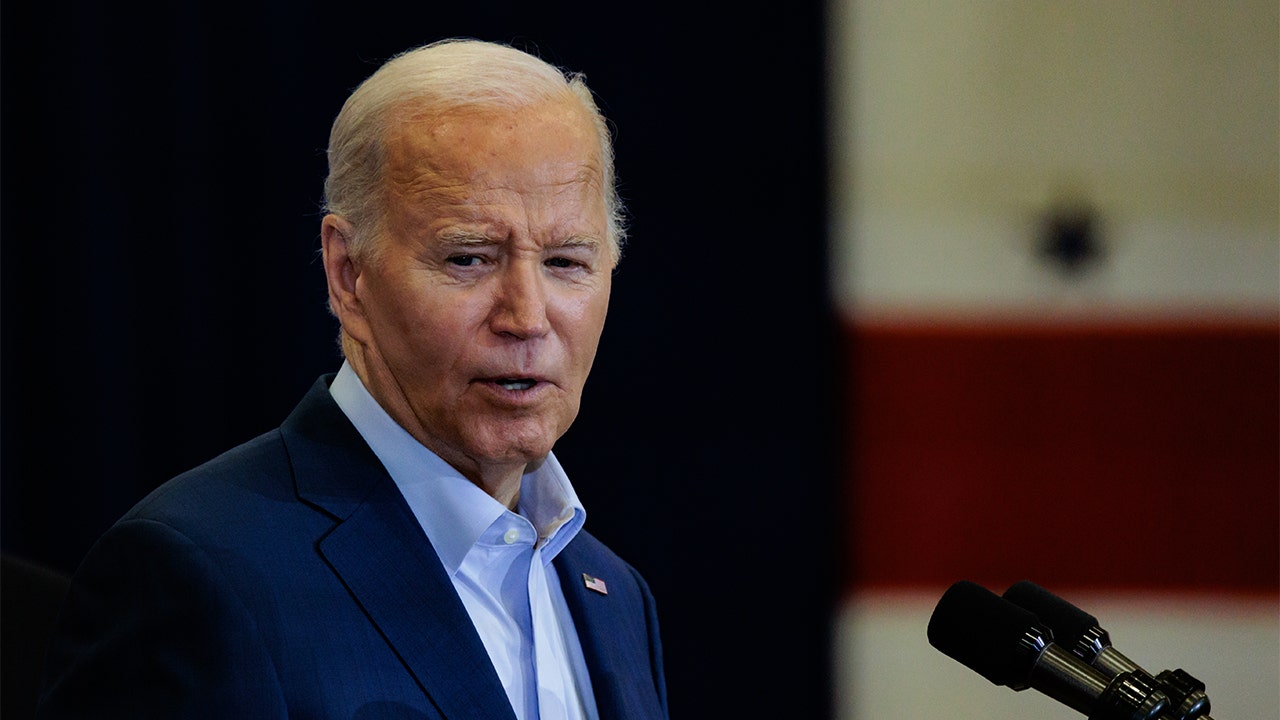Insider’s experts choose the best products and services to help make smart decisions with your money (here’s how). In some cases, we receive a commission from our our partners, however, our opinions are our own. Terms apply to offers listed on this page.
Though the requirements to get a mortgage are usually pretty standard across the board, many lenders offer their own specialty, affordable mortgage products in addition to the conventional and government-backed mortgages most borrowers are familiar with.
If you’re a first-time homebuyer who’s struggling with the credit and down payment requirements that traditionally come with getting a mortgage, these home loans for first-time buyers can help you overcome those hurdles and finally get the keys to your very own home.
Compare the best first-time homebuyer loans
The mortgages listed here all have features that make them affordable for first-time homebuyers and other cash-strapped buyers. All allow low or no down payments, and many don’t require private mortgage insurance (PMI).
PMI is typically required on mortgages with less than 20% down. PMI is a cost added to your monthly mortgage payment to help compensate for the risk the lender takes in allowing a low down payment.
Many of these mortgages also have flexible credit requirements, such as allowing borrowers to use non-traditional credit to qualify. Keep in mind that some lenders will only let you do this if you don’t have a traditional credit score. If you have a low score, you may still need to work on improving it before you’ll be able to qualify for a mortgage.
Minimum down payment: 0% (plus no closing costs)
Requires PMI? No
Flexible credit requirements: No minimum credit score; uses rent, utility, phone, or auto insurance payments to establish a history of on-time payments. Income limits apply.
This mortgage is available only in “designated markets,” according to the bank’s press release, including some historically Black and Hispanic neighborhoods in Charlotte, Dallas, Detroit, Los Angeles, and Miami. To qualify, you’ll need to meet income limits and complete a homebuyer certification course.
US Bank: American Dream Loan
Minimum down payment: 3%
Requires PMI? No
Flexible credit requirements: Accepts non-traditional credit if you have no score. If you have a credit score, it needs to be at least 640 to qualify. Requires a debt-to-income ratio below 43%. Income limits apply.
This mortgage is available in 25 states. If your student loans have prevented you from qualifying in the past, you may have some luck with this loan program; US Bank says it will work with borrowers who are on an income-driven repayment plan.
This loan also comes with up to $10,000 in assistance that can be used toward your down payment, closing costs, or other expenses related to your home purchase. But you’ll still need to contribute at least $1,000 of your own funds at closing.
Minimum down payment: 3%
Requires PMI? No
Flexible credit requirements: PNC Bank says this loan has “relaxed” requirements and that many borrowers have an easier time qualifying for a PNC Community Mortgage compared to a traditional one. Income limits apply.
In addition to a low down, no-PMI mortgage, PNC Bank offers a $5,000 closing cost grant to borrowers who meet income limits or live in a low- to moderate-income area.
Navy Federal Credit Union: Homebuyers Choice Loan
Minimum down payment: 0%
Requires PMI? No
Flexible credit requirements: Specific credit requirements for this loan aren’t listed, but Navy Federal has noted online that it considers both your credit score and your banking history with this credit union.
You’ll need to be a Navy Federal Credit Union member to get a mortgage with this lender. Membership is only available to veterans, those affiliated with the armed forces, Department of Defense, or National Guard, or those who have an immediate family member with a membership.
Wells Fargo: Dream. Plan. Home. Mortgage
Minimum down payment: 3%
Requires PMI? Yes
Flexible credit requirements: Accepts borrowers with limited credit histories and low scores. Income limits apply.
Unlike most of the mortgages on this list, this mortgage does require PMI, potentially making it a little pricier than some of your other first-time homebuyer loan options.
This mortgage can be combined with Wells Fargo’s Dream. Plan. Home. Closing Cost Credit. With this credit, borrowers can get up to $5,000 to use toward closing costs. The credit is only available in certain areas.
Northpointe Bank: Northpointe 100%
Minimum down payment: 0%
Requires PMI? Yes
Flexible credit requirements: Requires a minimum credit score of 680. No income restrictions.
This mortgage is available in 23 states.
Northpointe has one other specialty 0% down product, called the EquityBuilder. With this loan, you use the money you have saved for a down payment and instead put it toward a lower rate or shorter loan term.
Citibank: HomeRun Mortgage
Minimum down payment: 3%
Requires PMI? No
Flexible credit requirements: Accepts non-traditional credit, but you’ll need a 5% down payment if you go this route. Income limits apply.
This mortgage is only available in areas where Citibank has branch locations and accepts deposits, and in majority Black or Hispanic neighborhoods in Atlanta, Austin, Cambridge, Dallas, Denver, Houston, and Philadelphia.
Borrowers may also qualify for lender paid closing cost assistance up to $7,500.
Minimum down payment: 3%
Requires PMI? No
Flexible credit requirements: Specific credit requirements for this loan aren’t listed, but Truist does accept non-traditional credit in some circumstances from borrowers who don’t have a credit score. Income limits may apply.
To qualify for a Community Homeownership Incentive Program mortgage, you’ll need to contribute at least $500 of your own funds at closing. The remainder of your down payment can come from other acceptable sources, such as a gift from a family member.
Alliant Credit Union: Alliant Advantage Mortgage
Minimum down payment: 0%
Requires PMI? No
Flexible credit requirements: Specific credit requirements for this loan aren’t listed. To get a conventional loan with this lender, you’ll need a score of at least 640.
This mortgage from Alliant Credit Union comes in the form of an adjustable-rate mortgage, meaning your rate will change after a certain number of years.
Non-first-time homebuyers may also qualify for this loan, but they’ll need to put 5% down.
Chase: DreaMaker Mortgage
Minimum down payment: 3%
Requires PMI? Yes, reduced cost
Flexible credit requirements: Has less stringent credit requirements than its conventional mortgages. Income limits may apply.
Borrowers who are eligible can combine this mortgage with Chase’s Homebuyer Grant to get up to $2,500 or $5,000 in down payment or closing cost assistance. Plus, you can earn an additional $500 if you complete a homebuyer education course.
Other affordable mortgage options
If you aren’t eligible for any of the mortgages listed here, you may still be able to find an affordable mortgage to fit your needs. Some of the loans that can help first-time buyers include:
- Low down payment conventional loans: Borrowers may qualify for a conventional loan with as little as 3% down. You’ll need at least a 620 credit score and you’ll be required to pay PMI until you reach 20% equity.
- FHA loans: Mortgages backed by the Federal Housing Administration are typically easier to qualify for, with a minimum credit score of 580 and a down payment of at least 3.5%. With a 10% down payment, you could potentially get a mortgage with a score as low as 500.
- VA loans: These mortgages allow 0% down, and are only available to service members and veterans who meet minimum service requirements. Minimum credit score varies by lender.
- USDA loans: These mortgages are backed by the US Department of Agriculture and are only available to low- to moderate-income borrowers in certain rural or suburban areas. They allow 0% down payments. Minimum score varies by lender.
- State government or housing finance agency mortgages: Your state’s housing authority or housing finance agency may offer mortgages to low-income borrowers. These loans are often combined with down payment and closing cost assistance to keep out-of-pocket costs down.
Frequently asked questions
First-time homebuyers often gravitate toward government-backed mortgages like FHA loans thanks to their less stringent credit requirements and low down payment amounts.
However, many conventional loans offer down payments as low as 3%. If you have a good score, you might be able to get a better rate with a conventional loan. But it’s a good idea to explore all your loan options when you’re going through the approval process.
Your state or local housing authority may offer some form of down payment assistance, and many non-profits have programs to help buyers put money down. You can search online or reach out to your state’s housing authority to see what’s available in your area.
Down payment assistance often comes in the form of either a grant or a loan. Loans may need to be repaid, or they might be forgiven if you fulfill certain terms (such as remaining in the home for a specified amount of time).
Apply for preapproval with three or four lenders to get an idea of the loan amounts, terms, and rates that are available to you. Once you’re preapproved, reach out to a real estate agent to start looking for houses. You may also decide to reach out to an agent first and get recommendations from them for good lenders in your area.
The professionals you work with will help guide you through the process. If you’re buying for the first time, be sure not to stretch your mortgage budget too far — many first-time homeowners are surprised at how much things like regular maintenance and repairs cost.
The old fashioned answer is 20%, but many people don’t put down this much. Conventional mortgages allow down payments as low as 3%, while FHA borrowers will need at least 3.5%. If you qualify for a USDA or VA mortgage, you won’t need to make a down payment.
Don’t forget to factor in closing costs. These can cost between 3% and 6% of the loan amount, and you’ll owe them along with your down payment at closing.





